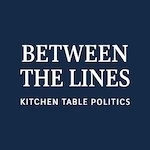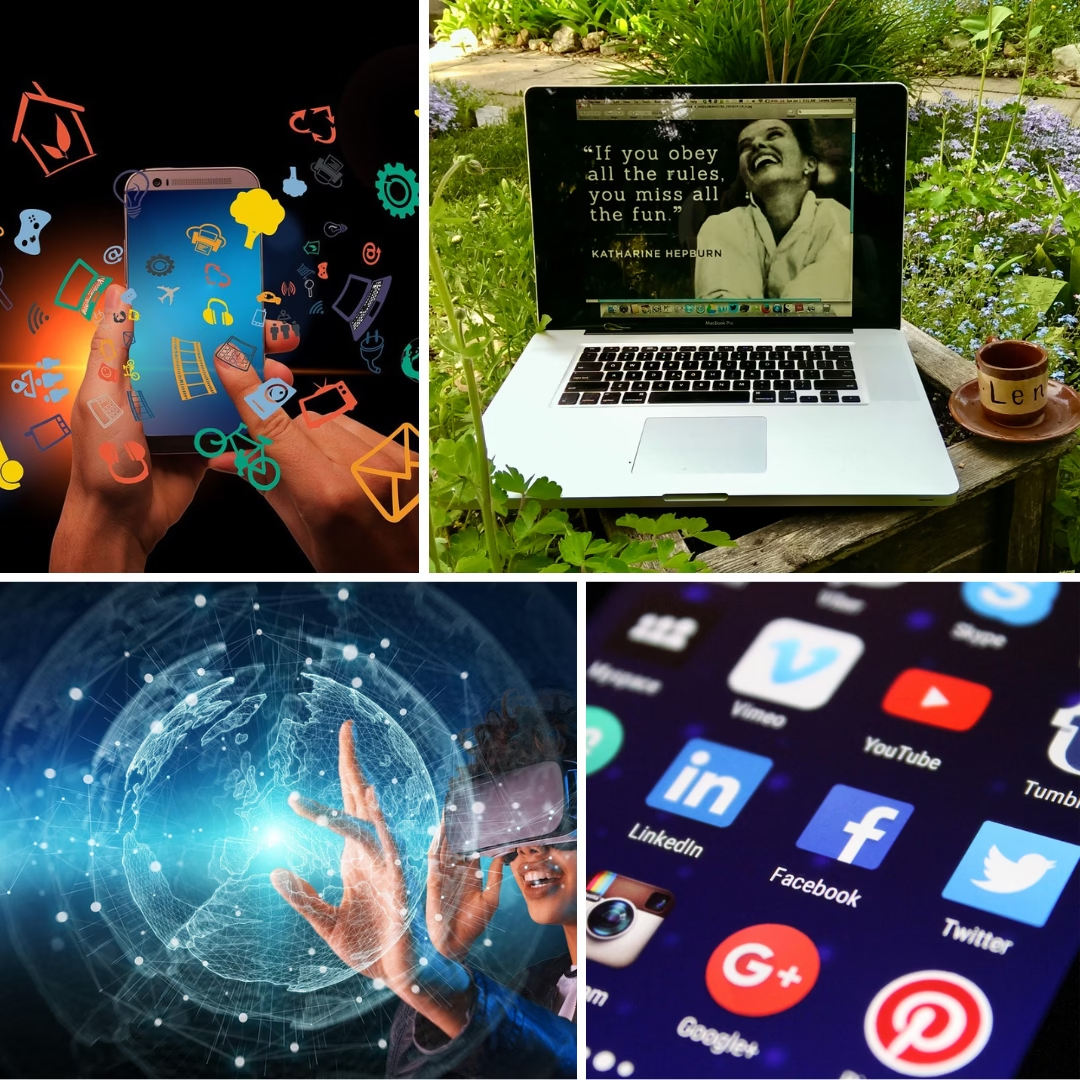By Leni Spooner, creator of Between the Lines.
I was one of the volunteers who once curated search engines before Google ruled the world — before any of them had been incorporated. Back then, the web felt like possibility itself: a slow but wide-open “information highway” where discovery was the point, not the product. The days of bulletin boards and the early internet were deeply human — people-populated, full of developers and creatives whose ideals, not purse strings, set the tone.
It’s hard to believe I’ve lived through both the birth and the slow death of that world. What once felt like a commons now feels like a strip mall, plastered with ads and algorithmic junk food. The changes that commercialization and algorithms brought to the web were gradual — like cold molasses through a funnel — compared to the speed at which AI is reshaping the digital world we’ve relied on for decades.
Three things, especially, make researching and learning online harder now:
1️⃣ Enshittification of search — results buried under paywalls, SEO spam, and endless product placements.
2️⃣ Fragmentation of knowledge — once-reliable forums and archives disappearing behind corporate gates.
3️⃣ The climate of fear — political polarization (especially in the U.S.) making people hesitate before they speak. Free exchange now feels risky, sometimes dangerous.
I find myself thinking of the internet less as a tool and more as a reflection of what we’ve allowed to happen to public life: consolidation, polarization, monetization at every turn. The highway that once promised free flow has narrowed into toll booths. And yet — the instinct to share, to teach, to connect hasn’t disappeared. It just has to fight harder to be seen.
I keep circling back to these questions because I don’t think this is just nostalgia — it feels like the shape of our future civic life is at stake. I may turn this into a longer essay, but before I do I want to hear from you.
What part of online engagement do you struggle with most today? What keeps you up at night when you think about the digital world our kids — or even we ourselves — will inherit?
💌 If you’ve found something here worth reflecting on, I’d love for you to join the Between the Lines community.
Subscribers receive thoughtful essays, weekend digests, and occasional deep-dive reports delivered straight to your inbox about once a month. My goal is simple: to make sense of Canada’s shifting political, economic, and cultural landscape with a calm, kitchen-table voice.
By subscribing, you’ll:
- Stay connected to a community that values thoughtful conversation over soundbites.
- Get first access to longform pieces, research-based explorations, and seasonal reflections.
- Support independent, Canadian-focused writing that isn’t chasing clicks or algorithms.
It’s free to sign up, and if you choose to become a paid subscriber, you’ll be directly supporting the sustainability of this work.
👉 Subscribe here to Between the Lines — and pull up a chair at the table. There’s always room for one more.
About the Author
Leni Spooner is a Canadian writer, researcher, and civic storyteller. She is the founder of Between the Lines, a publication focused on the quiet forces shaping politics, infrastructure, and public life. Her work blends historical context with present-day analysis, helping readers see the deeper patterns that shape national decisions.

